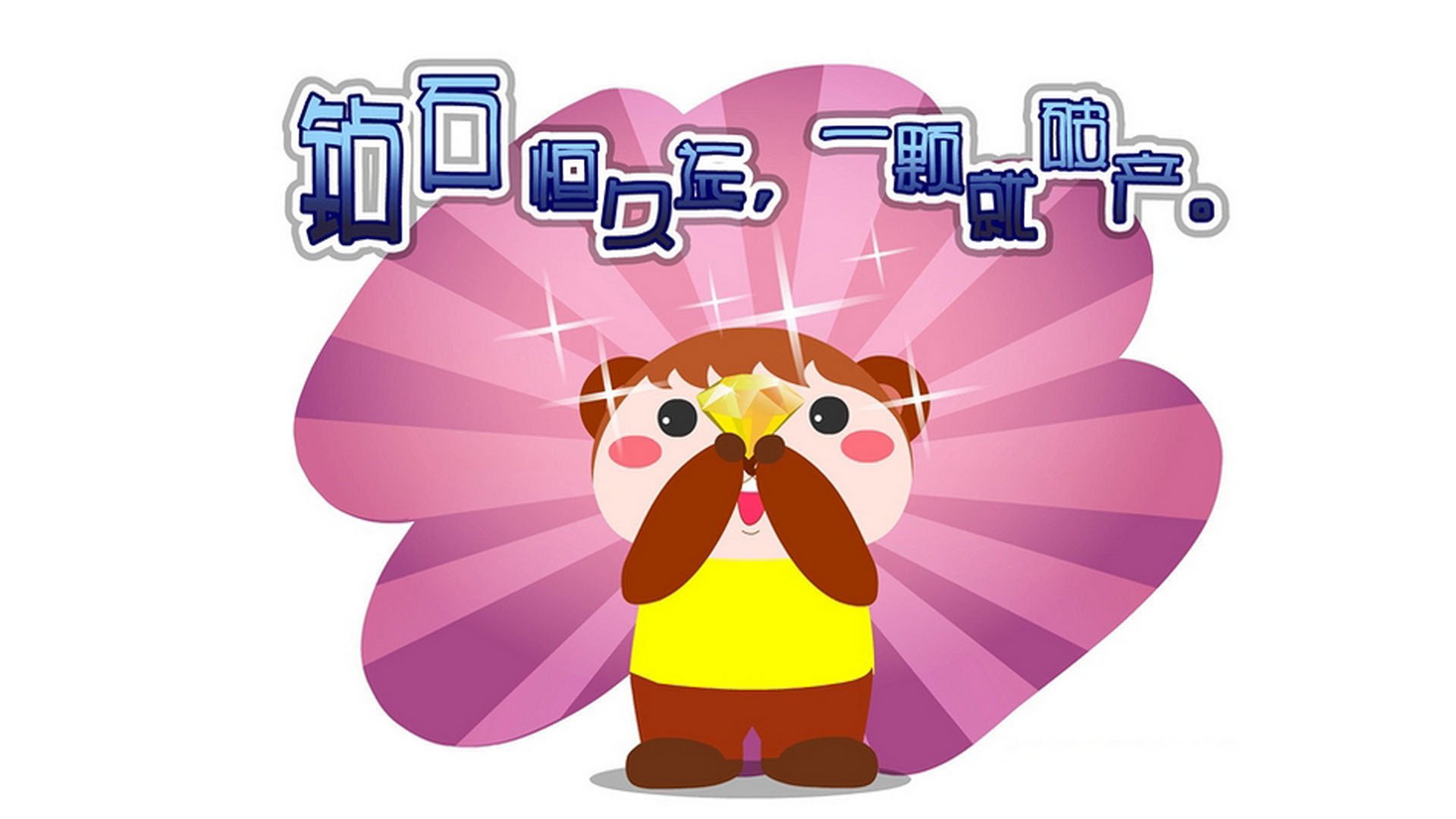英語中樂器前加the嗎(球類前面加不加the,樂器前面加不加the。
0 2022-06-22
樂器前面是要加定冠詞the的英語中樂器前加the嗎,例如play the piano.

但是僅限于西方樂器(吉他,小提琴類),中國樂器前就不必了。

如果是考試,最好還是加the,一般來說都是這樣的
回答
當球類表示該項運動時,不加the。當作爲球類運動中使用的球,則在前加the。
1、定冠詞the主要用來表特指。定冠詞,是虛詞,本身不能單獨使用,也沒有詞義,用在名詞的前面,幫助指明名詞的含義。區別于不定冠詞,定冠詞具有確定的意思,用以特指人或事物,表示名詞所指的人或事物是同類中的特定的一個。
2、冠詞本身不能單獨使用,也沒有詞義,它用在名詞的前面,幫助指明名詞的含義。英語中的冠詞有叁種,一種是定冠詞,另一種是不定冠詞,還有一種是零冠詞。
3、在詞彙表中,定冠詞the 的詞義是“這個,那個,這些,那些”,可見,the既可以放在可數名詞前,也可以修飾不可數名詞,the後面的名詞可以是單數,也可以是複數。
搜一下:英語中爲什麽樂器要加the,棋球牌不用呢
回答
你好親,我是任教有10年經驗的張老師,畢業于華南師範大學,是教育領域的通識者,在各方面有著豐富的經驗,希望通過我的經驗能真正的幫助到你呢。
你的問題老師已經看到,正在組織答案之中,請耐心等待一下,馬上回複你哦!
因爲棋球牌類注重的是技巧,與棋球牌這叁種介質沒有太大關系,但是樂器是即注重技巧,又注重樂器本身,而且樂器本身的品質甚至能影響技巧的發揮,因爲它的重要性,所以特指,前面使用the冠詞。
語法:指獨一無二的、正常的或不言而喻的人或事物。
1)特指雙方都明白的人或物:
Take the medicine. 把藥吃了。
2)上文提到過的人或事:
He bought a house. I’ve been to the house.
他買了幢房子。我去過那幢房子。
3)指世上獨一物二的事物:
the sun, the sky, the moon, the earth
4)單數名詞連用表示一類事物:
如:the dollar 美元;
the fox 狐狸;或與形容詞或分詞連用,表示一類人:the rich 富人; the living 生者。
5)用在序數詞和形容詞最高級,及形容詞only, very, same等前面:
Where do you live? I live on the second floor. 你住在哪?我住在二層。
That’s the very thing I’ve been looking for. 那正是我要找的東西。
6)與複數名詞連用,指整個群體:
They are the teachers of this school.指全體教師)
They are teachers of this school. (指部分教師)
7)表示所有,相當于物主代詞,用在表示身體部位的名詞前:
She caught me by the arm.. 她抓住了我的手臂。
8)用在某些由普通名詞構成的國家名稱、機關團體、階級、等專有名詞前:
the People’s Republic of China 中華人民共和國
the United States 美國
9)用在表示樂器的名詞之前:
She plays the piano. 她會彈鋼琴。
10) 用在姓氏的複數名詞之前,表示一家人:
the Greens 格林一家人 (或格林夫婦)
11) 用在慣用語中:
in the day, in the morning (afternoon,evening), the day after tomorrow
the day before yesterday, the next morning,
in the sky (water,field,country)
in the dark, in the rain, in the distance,
in the middle (of), in the end,
on the whole, by the way, go to the theatre
以上特定情況用the。
如果不填的話,固定搭配裏,就是球類運動,比如play basketball
定冠詞the的用法 1.特指某(些)人或某(些)物,這是定冠詞的基本用法。 Beijing is the capital of China. 北京是中國的首都。 2.指談話雙方都知道的人或事物。 Open the window please. 請把窗戶打開。(雙方都知道指的是哪一扇窗戶) 3.指上文已經提到的人或事物。 There was a chair by the window. On the chair sat a young woman with a baby in her arms. 窗戶附近有一把椅子。椅子上坐著一位年輕婦女,懷裏抱著一個嬰兒。 4.指世界上獨一無二的事物。 Which is the biggest, the sun, the earth or the moon? 太陽、地球和月亮哪一個最大? 5.用在序數詞、形容詞最高級前。 The first truck is carrying a few baskets. 第一輛卡車裝運一些筐。 6.用在由普通名詞構成的專有名詞前。 the Great wall長城,the Summer Palace頤和園, the People’s Farm人民農場,the Science Museum科學館 7.用在某些形容詞前,表示某一類人。 the rich富人 the poor窮人 the sick病人 the old老人 the young年輕人 the blind盲人the dead死人 8.用在姓氏複數形式前,表示“全家人”或“夫婦倆”。 The Turners are going home on a train. 特納夫婦在回家的火車上。 9.用在方位詞前。 on the left/right在左/右邊 in the east/west/north/south在東/西/北/南方 at the back/front of在……的後/前面 10.用在樂器名稱前。 Do you like playing the piano or the violin? 你喜歡彈鋼琴還是喜歡拉小提琴? 11.用在表示海洋、河流、山脈、群島及國家和黨派名詞前。 the East China Sea 東海the Huai River 淮河 the Jinggang Mountains 井岡山the United States of American 美國 12.用在某些固定詞組中。 all the same 仍然 all the time 一直 all the year round 一年到頭 at the age of 在……歲時 at the beginning of 起初; 開始 at the end of 在……的盡頭/末尾 at the entrance of 在……門口 at the foot of 在……腳下 at the head of 在……的前面 at the moment 此刻 at the same time 同時 by the side of 在……附近 by the time 到時候 by the way 順便說 catch the post 趕上郵班 do the shopping/washing 買東西/洗衣服 give...the message 捎口信給…… go to the classroom 去教室 in the end 最後;終于 in the hat 戴帽子的 in the middle of the day 中午 in the morning/afternoon / evening 在上午/下午/晚上 in the open air 在戶外;在野外 jump the queue 不按次序排隊 lead the way to 引路;指路 look the same 看起來很像 on the earth 在地球上 tell the truth 說實話 the day after tomorrow 後天 the day before yesterday 前天 the high jump 跳高 the long jump 跳遠 the next day 第二天 the next year下一年 the people 人民 the starting line起跑線不用冠詞(不加the)用法 1.在專有名詞和不可數名詞前。 I’m going to England next week for a holiday.下周我將要去英國度假。 2.可數名詞前已有作定語的物主代詞my, your, his, her等;指示代詞this/ these, that/those; 不定代詞some, any等及所有格限制時。 The letter is in her pocket. 信在她的衣袋裏。 3.複數名詞表示一類人或事物時。 My father and mother are teachers. 我的父親和母親是教師。 4.在星期、月份、季節、節日前。 The best time to come to China is in spring or autumn. 到中國來的最好時間是春季或秋季。 Today is Thursday, September 10th, Teacher’s Day. 今天是九月十日,星期四,教師節。 [注意] 如果月份、季節等被一個限定性定語修飾,則要加定冠詞。 He joined the Army in the spring of 1982.他在1982年春季參軍。 5.在稱呼語或表示頭銜的名詞前。 Happy Teachers’ Day, Miss Zhao! Here it is, Mom! 6.在學科名稱、叁餐飯和球類運動名稱前。 I think Chinese is more popular than any other subject. 我認爲漢語比其它學科更普及。 Can you play basketball? 你會打籃球嗎?We are going to play football. 我們去踢足球。 [注意]I can see a football.(指足球,並非“球類運動”) Where’s the football. 7.某些固定詞組中不用冠詞。 ①與by連用的交通工具名稱前 by bus, by car, by bike, by train, by air/plane, by sea/ship ②名詞詞組 day and night, brother and sister, hour after hour, here and there ③介詞詞組 at home在家 in surprise驚奇地 at noon在中午 on foot步行 at night在晚上 on duty值日 at work在工作 on time准時 for example例如 on business經商 in school在上學 on holiday在度假 in class在上課 on show展覽 in hospital在住院 on top of在……頂部 in bed在床上 ④ go短語 go home回家go to bed上床睡覺 go to school去上學go to work去上班 go shopping/swimming/boating/fishing去買東西/遊泳/劃船/釣魚 另外:想學好英語最好的辦法就是背單詞、背大量的單詞 ,上課認真聽講,把語法搞明白、記清楚。不會的問老師!
| 留言与评论 (共有 条评论) |
